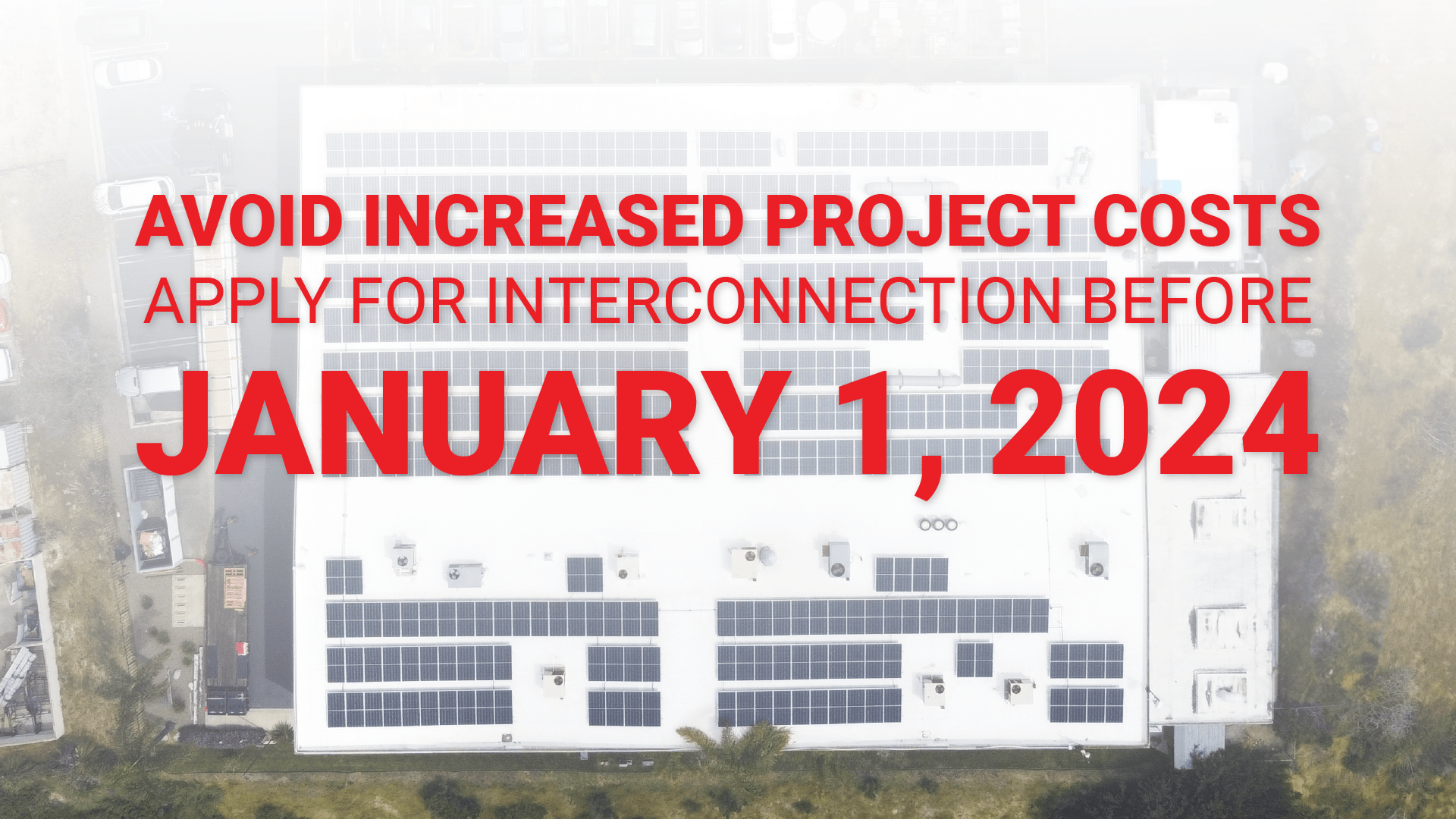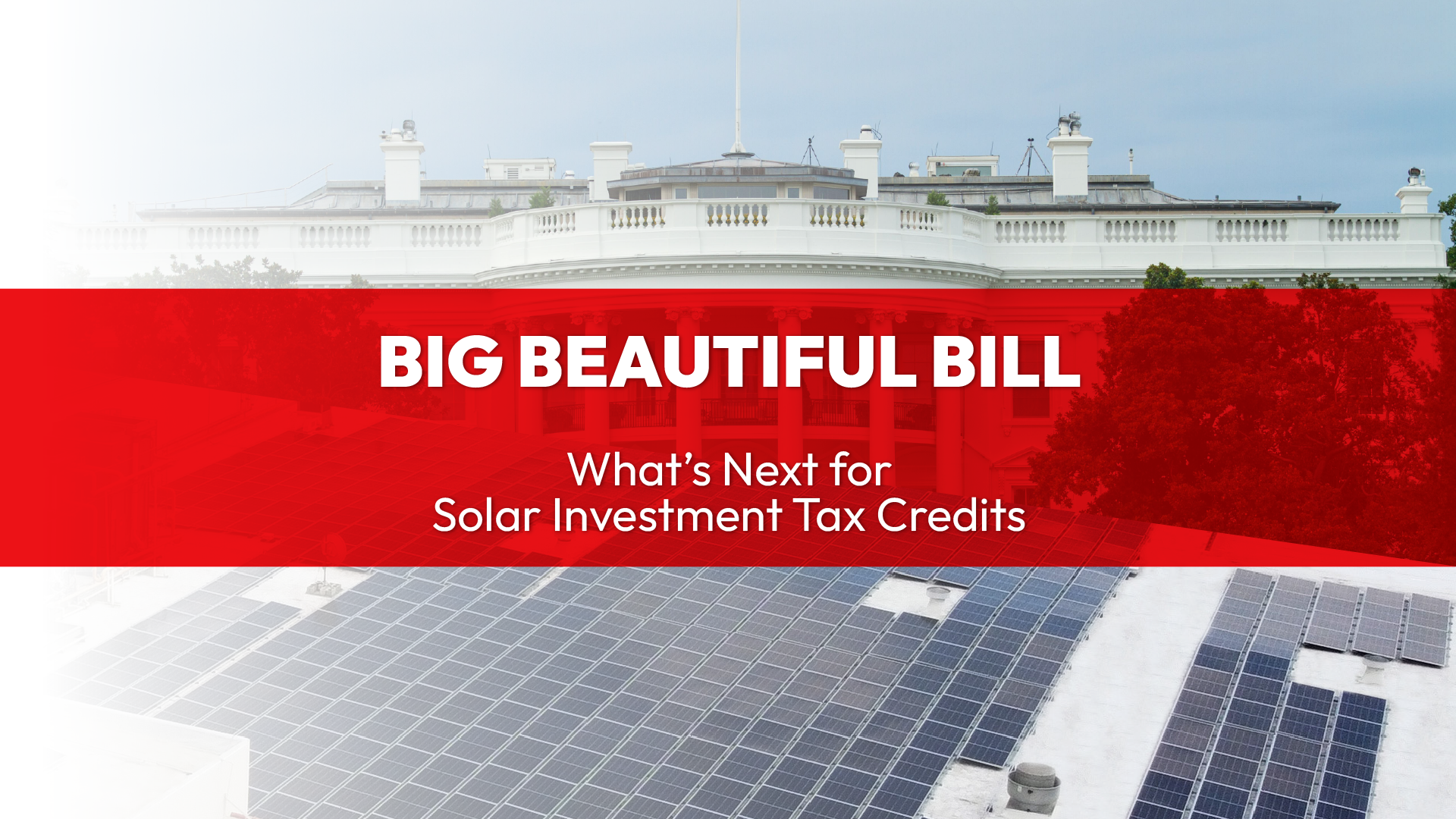Prevailing Wage Requirements for California Commercial Solar Projects in 2024
Effective January 1, 2024, Public Utility Code 769.2 mandates that all construction workers and apprentices involved in new commercial solar system installations on net metering or net billing tariffs in California must be paid prevailing wages. This applies to large customer-sited renewable electrical generation facilities (over 15 kW) and associated battery storage enrolled in specific tariffs.
The enforcement of these wage requirements is multifaceted, involving the Labor Commissioner, administrative complaints, civil actions, and joint labor-management committees. A significant aspect to note is that the interconnection application date will determine a project’s applicability to this statute.
Therefore, projects applying for interconnection before 2024 can avoid these new requirements, presenting a strategic opportunity for businesses.
Rising Electricity Rates and Solar Energy
As of January 2024, Pacific Gas & Electric (PGE) customers will face increased rates. This rate hike approved by the CPUC underscores the importance of solar energy as a means to combat rising electricity costs for California businesses, even with the additional costs incurred through new prevailing wage requirements. The solar industry is poised to continue its growth, adapting to these new frameworks that emphasize cost-effective and sustainable energy solutions.
Separate State & Federal Prevailing Wage Requirements
Passed through legislature in 2022 as AB2143, Public Utility Code 769.2 will require the CPUC (California Public Utilities Commission) to play a crucial role as the recipient of certified payroll records, which must be maintained, verified, and submitted biannually. These records will be public for five years, ensuring transparency and accountability.
In addition to California’s new state requirements, federal requirements will also change in 2024. Updates to the Solar Investment Tax Credit (ITC), as part of the Inflation Reduction Act, will require large projects over 1 megawatt to pay prevailing wages to qualify for the full tax credit. This change aligns with the state’s initiative to ensure fair wages and ethical labor practices, but also adds to the labor costs of solar projects.
Impact on California Businesses and the Solar Industry
These changes signify a commitment to ethical labor practices and quality workmanship in the solar industry. However, they also bring a higher initial investment and added complexity in compliance with prevailing wage laws. While this may increase project costs in the short term, the long-term benefits are considerable. A shift towards fair wages can lead to a more skilled and stable workforce, enhancing the overall quality and sustainability of solar projects.
Our Role as a California Commercial Solar Solutions Provider
As a commercial solar solutions provider, our role is to help businesses navigate these changes effectively. We offer expertise in project planning, ensuring compliance with current regulations, while maximizing incentives. By starting solar projects now, businesses can avoid the impending cost increases due to the new wage requirements in 2024 and capitalize on current financial incentives.
The new prevailing wage requirements in California, combined with impending federal changes, net metering program changes, and rapidly changing world are reshaping the solar industry.
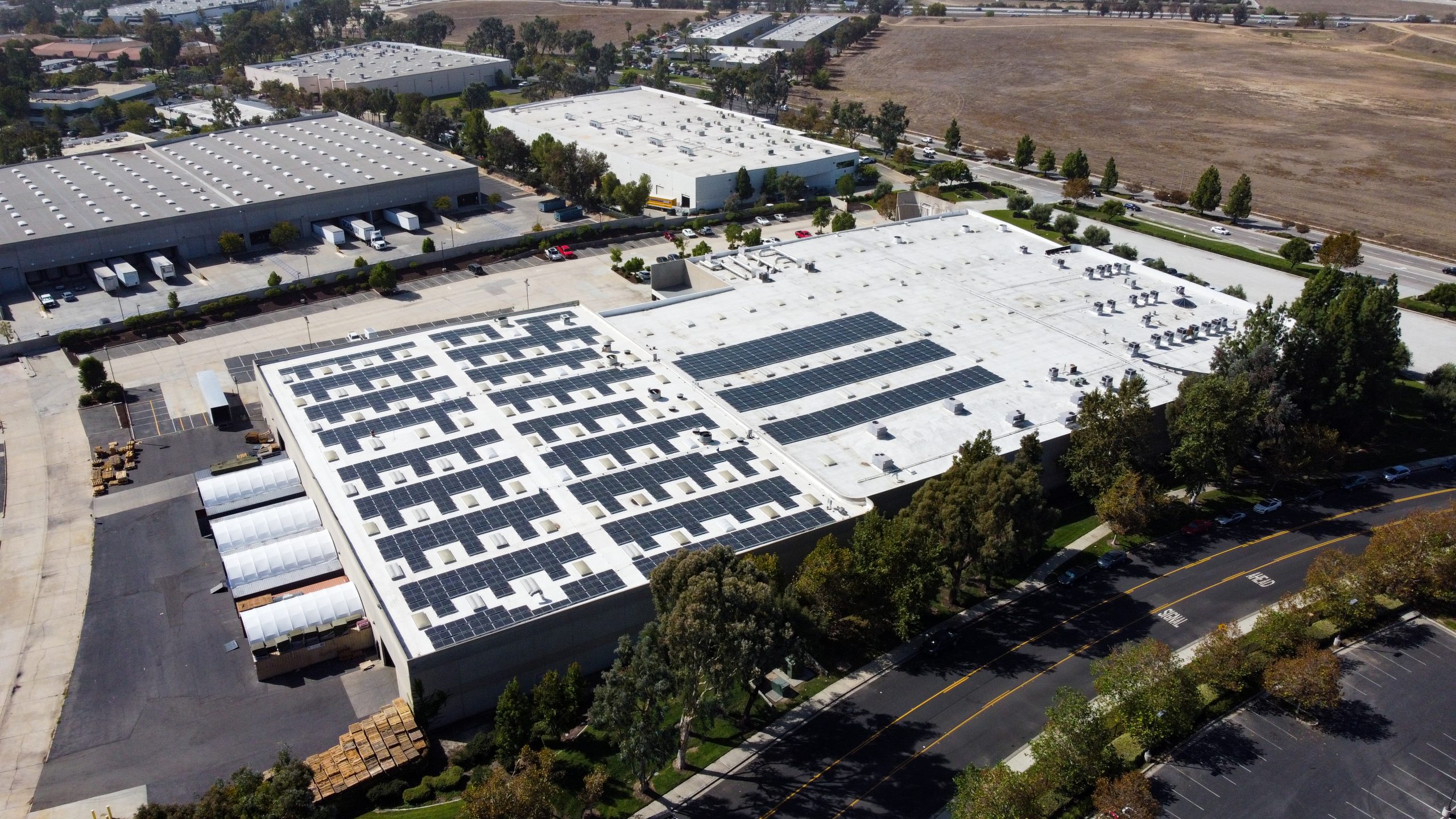
These changes bring a focus on fair labor practices and quality workmanship but also introduce new cost considerations. For businesses, acting before 2024 offers a strategic advantage, allowing them to leverage current incentives and avoid higher future costs. As a solar solutions provider, we are committed to guiding businesses through this transition, ensuring they reap the maximum benefits from their solar investments while contributing to a more ethical and sustainable future in renewable energy.
Commercial grade rooftop solar is ideal for: manufacturing, warehousing, logistics, industrial, retail, hospitality buildings and more with over 10,000 sq. ft. rooftops.
CARPORT SOLAR
Free standing carport solar generates added solar power for properties with limited rooftop space. Added benefits include shading and protection for employees vehicles.
Crucial for reducing peak demand charges. Automated to supply electricity when your panels won’t. Energy storage is ideal for businesses that incur significant peak charges.
As the popularity of electric vehicles increase, so does the demand for on-site charging. This sustainable amenity has become a parking lot fixture for competitive employers.

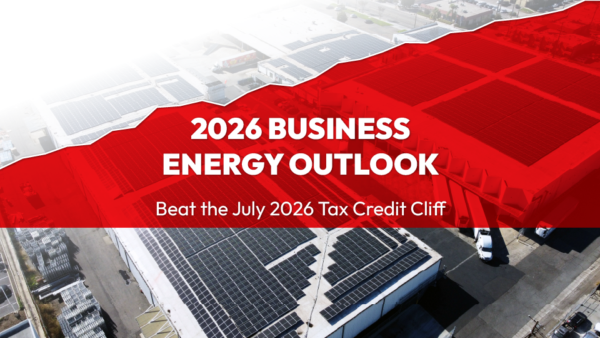
2026 Business Electricity Costs: Why Companies Are Pivoting
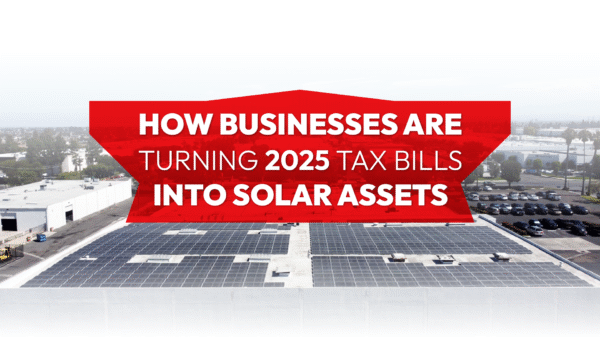
How Businesses Are Turning 2025 Tax Bills into Solar Assets
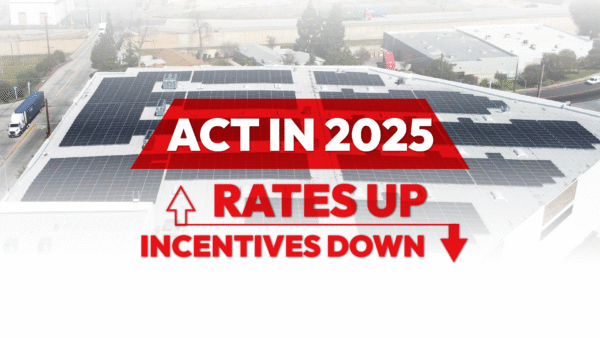

The Solar Tax Credit Is Ending Soon: Last Chance to Save 30%

Solar Investment Tax Credit for Businesses: 2025 Incentives
OUR SERVICES
TURNKEY COMMERCIAL GRADE SOLAR, ENERGY STORAGE, LED LIGHTING AND MORE.
PROFESSIONAL GUIDANCE
CUSTOM TAILORED PLANNING
CONSTRUCTION & INSTALLATION
CSLB #1106092
Client Testimonial: Kelemen Company
Corporate Business Park in Irvine, CA has created significant electricity cost savings through commercial solar installed across the 5-building business park.
Client Testimonial: Tice Gardner & Fujimoto LLP
See how this CPA firm saved on electricity and gained valuable tax credits through commercial solar that they used to keep cash in the businesses.

